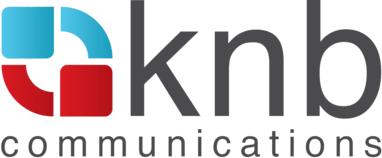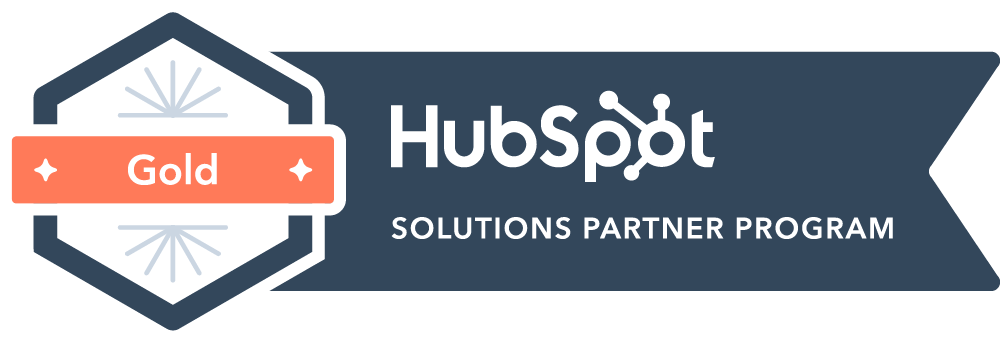Home | BLOG | Benefits of using a programmatic ads platform over Google Display Network (GDN) in healthcare and life sciences
Benefits of using a programmatic ads platform over Google Display Network (GDN) in healthcare and life sciences
Table of contents
The digital advertising landscape is vast, with numerous platforms and strategies available for businesses to leverage. In the healthcare and life sciences sectors, where regulations and sensitivities abound, choosing the right advertising platform becomes even more critical. While Google Display Network (GDN) has been a popular choice for many, programmatic advertising platforms offer distinct advantages, especially for healthcare companies. Let's delve into the benefits of programmatic advertising over GDN in this niche sector.
Understanding the platforms
Before we dive into the benefits, it's essential to understand the fundamental differences between the two platforms:
Google Display Network (GDN):
GDN is a set of display sites, including Google properties, where advertisers can place their ads. It offers a range of targeting options, such as keywords, topics, and placements.
Programmatic ads platforms:
These platforms use real-time bidding (RTB) to purchase ad space. Advertisers can specify their target audience, and the platform automatically bids on ad spaces that fit the criteria, often in real-time.
The limitations of GDN in healthcare
One of the most significant challenges healthcare and life sciences companies face with GDN is its restrictions on retargeting. Google has stringent policies in place to protect user privacy, especially concerning sensitive topics like health. As a result, healthcare companies often find their retargeting efforts limited or entirely blocked on GDN.
Why programmatic shines in healthcare + life sciences
Precision targeting:
Programmatic platforms offer granular targeting options. For instance, a health tech company launching a new telemedicine platform can target healthcare professionals based on their specific behaviors, interests, and more. This precision is invaluable in the healthcare sector, where reaching the right audience can make a significant difference in campaign effectiveness.
Dynamic real-time bidding:
With programmatic advertising, healthcare companies can bid in real-time for ad spaces that match their criteria. A life sciences tech firm developing a new lab analysis tool can ensure that their ads are displayed to lab technicians and decision-makers at the optimal time, maximizing return on investment.
Greater reach:
Programmatic platforms often have access to a broader range of publishers and websites than GDN. This expanded reach can be especially beneficial for healthcare and life sciences companies looking to target niche audiences, such as biotech researchers or specialized clinicians.
Transparency + insights:
Programmatic platforms often provide more in-depth analytics and insights into campaign performance. This data can be invaluable for healthcare companies, allowing them to refine their strategies and better understand their audience.
Flexibility with retargeting:
As mentioned earlier, GDN has restrictions on retargeting for healthcare companies. In contrast, many programmatic platforms offer more flexibility, allowing healthcare advertisers to re-engage potential customers more effectively.
Superior creative control:
Programmatic platforms often require advertisers to upload different sizes of inventory, which might seem like a heavier lift initially. However, this approach ensures that the creatives look polished and tailored. On the other hand, GDN sometimes pieces elements together, which can result in ads that look less cohesive.
Why some still opt for GDN
At this point you may be thinking, “Well, why the heck does anyone in healthcare ever use GDN?” While programmatic offers a myriad of benefits, some businesses might still gravitate towards GDN for the following reasons:
Simplicity + ease of use:
GDN's interface is user-friendly, making it easier for newcomers or businesses without a dedicated marketing team.
Integration with other Google services:
GDN's seamless integration with other Google services, such as Google Analytics and Google Ads, can streamline tracking, reporting, and optimizing campaigns.
Reliability:
The trust associated with the Google name can be a significant draw for some advertisers.
Less complexity in bidding:
While real-time bidding in programmatic can offer advantages, it also introduces complexity. With GDN, the bidding process can be more straightforward, which might be preferable for some advertisers.
In conclusion
While Google Display Network offers a straightforward and accessible way to display ads, programmatic platforms provide a level of precision, flexibility, and insight that's particularly beneficial for the healthcare and life sciences sectors. Given the unique challenges and requirements of this industry, programmatic advertising emerges as a compelling choice for those looking to maximize their digital advertising efforts. However, navigating the intricacies of programmatic advertising can be challenging. Partnering with a full-service healthcare marketing agency can ensure that your campaigns are optimized, targeted, and effective. Leveraging the expertise of an agency can help health tech and life sciences tech companies harness the full potential of programmatic advertising, driving results and achieving their marketing objectives.

Named one of the Top Women in Health IT to Know (2024) and Women Power Players to Watch (2022) by Becker's Hospital Reivew and Marketing Person of the Year by Health IT Marketing Community (2021), Beth Cooper, JD / MBA is the VP of Marketing and Sales of a multi-award winning top 10 Healthcare Marketing Agency. Over her accomplished career spanning two decades, Cooper has been the driving force behind numerous groundbreaking strategies, transforming businesses into market leaders and propelling their growth trajectories to uncharted heights. She is a strong advocate for the marriage of creative innovation with data-driven insights and leverages cutting-edge tools and methodologies to ensure the successful execution of global, paradigm-shifting omnichannel campaigns.
Search



.png?width=1060&height=675&name=KNB%20blog%20images%20(2).png)

.svg)
.svg)




